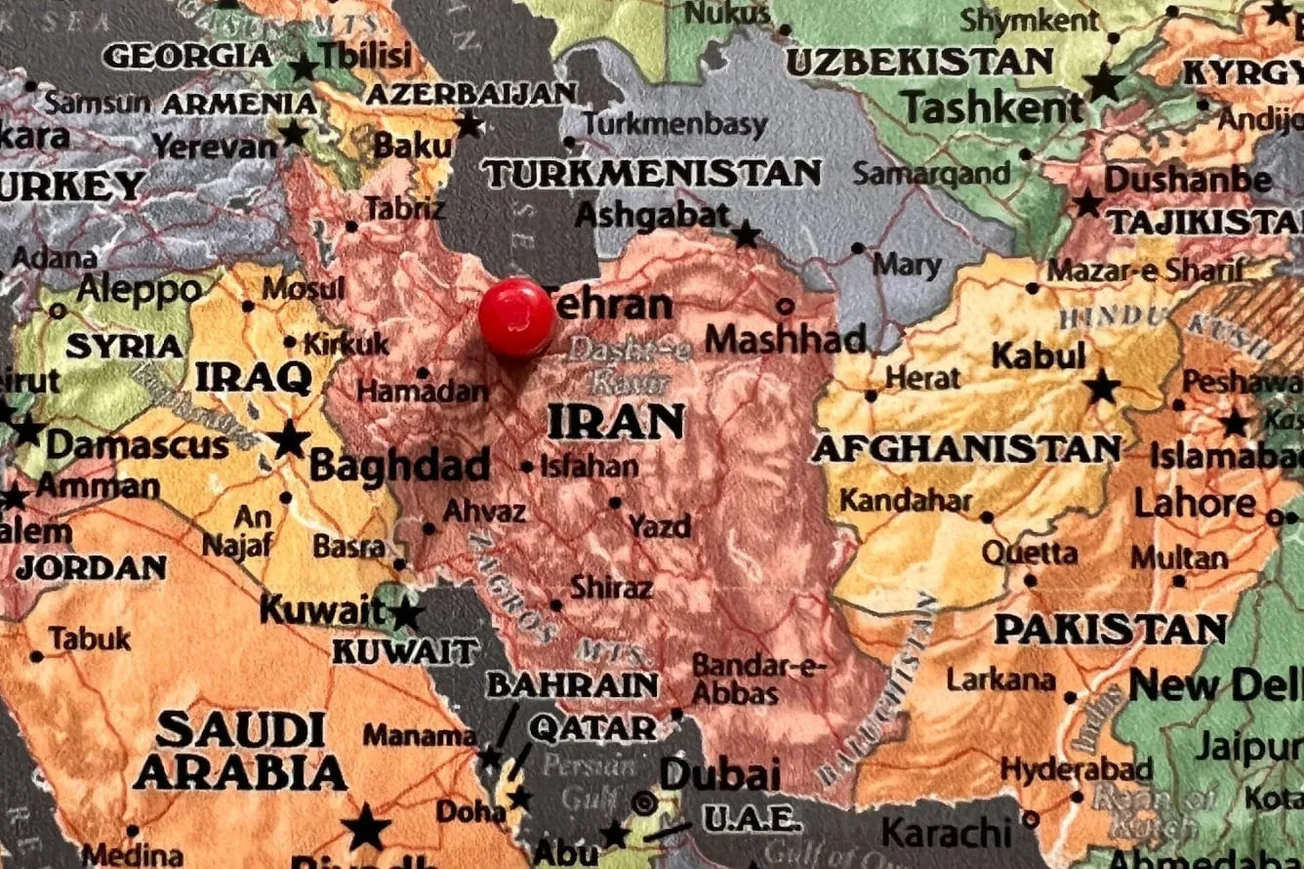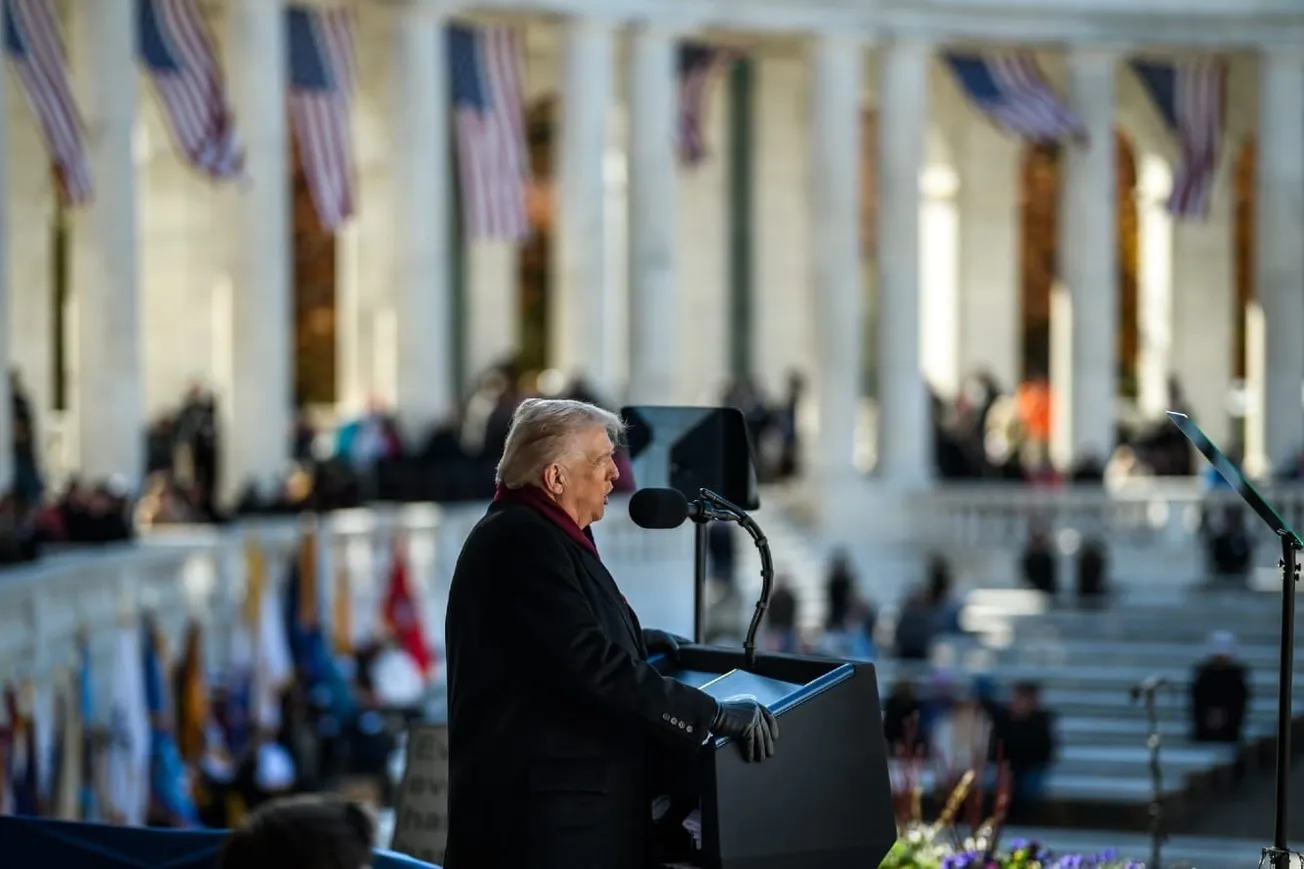By Ulrike Malmendier , Thilo Kroeger, and Christopher Zuber, Project Syndiacate | February 14, 2025
The German economy is struggling with stagnating growth, a rapidly aging population, and declining competitiveness. Without decisive, coordinated action from both the public and private sectors, the country could once again find itself becoming known as the “sick man of Europe.”







